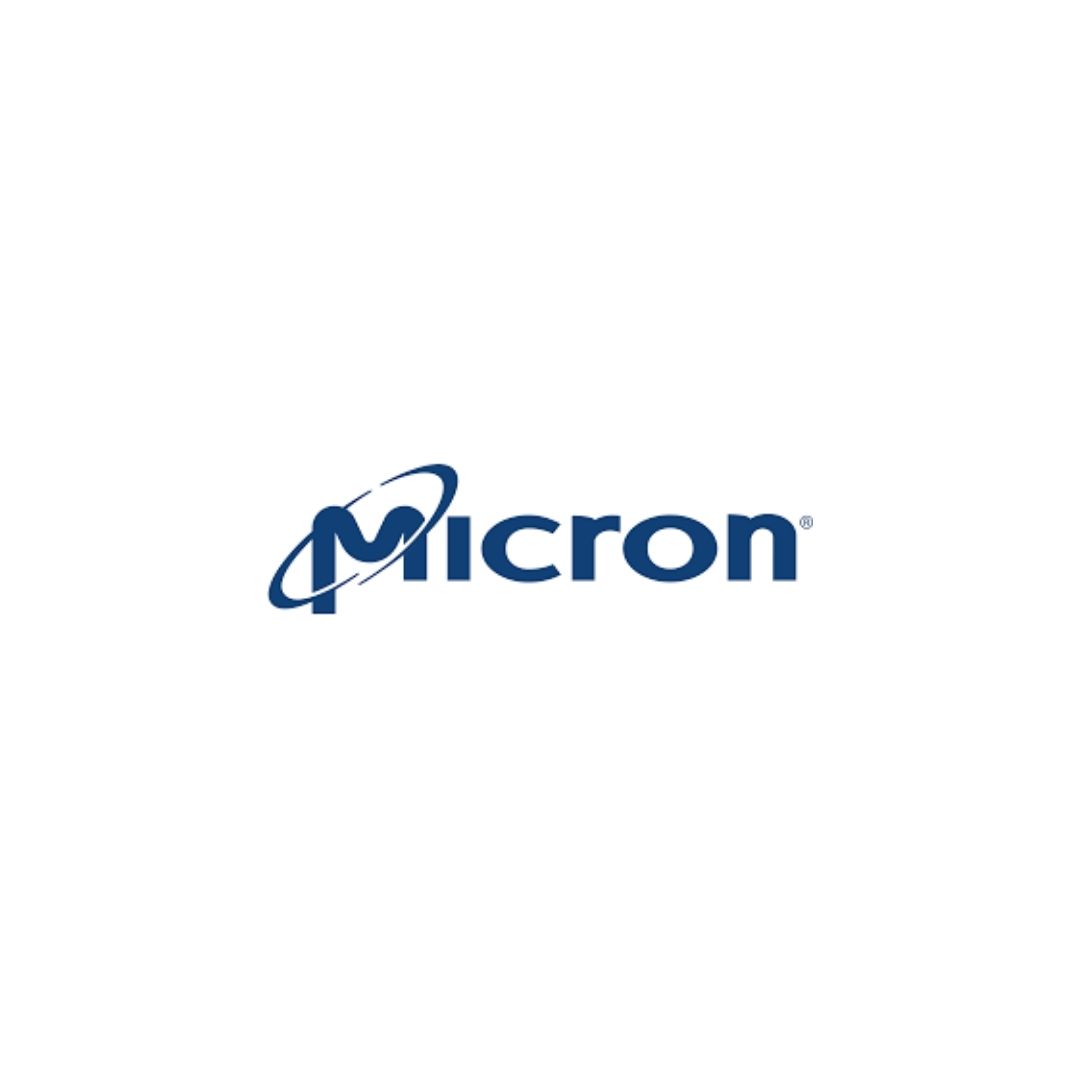Micron Technology, Inc. (Nasdaq: MU), today announced it is sampling the world’s first vertically-integrated 176-layer NAND solid-state drive (SSD) for the data center. The Micron 7450 SSD with NVMeTM delivers quality-of-service (QoS) latency at or below 2 milliseconds (ms),1 a wide capacity range and the broadest set of form factors available to meet the needs of the most demanding data center workloads.
This new data center SSD includes Micron’s industry-leading NAND, which contains 176 layers of storage cells and proven CMOS-under-the-array technology, to deliver an ultraefficient design. Integrated with Micron’s own DRAM, internally developed SoC and associated firmware, this vertically integrated SSD enables the company to rapidly respond to customer needs in the market and support strengthened device security.
“We’re launching the Micron 7450 SSD at the same time PCIe Gen4 is becoming the most widely adopted SSD interface in servers,” said Jeremy Werner, corporate vice president and general manager of Micron’s Storage Business Unit. “This product delivers the world’s most advanced NAND in a data center SSD well ahead of the industry and, importantly, brings consistent, reliable latencies below 2 milliseconds, critical to enabling quality of service in scale- out data center workloads.”
Significantly Reduced Latency
The 7450 SSD achieves latency at or below 2 ms for 99.9999% QoS in common, mixed, random workloads1— driving up performance in databases such as Microsoft SQL Server, Oracle, MySQL, RocksDB, Cassandra and Aerospike, among others. Compared to SATA SSDs, latency is reduced by nearly 50%, and read bandwidth is improved by up to 12 times.
Diverse Mix of Capacities and Form Factors
The 7450 SSD features multiple capacity options to fit myriad data center needs. Its wide capacity range — from 400GB to 15.36TB — includes an industry-leading capacity of 8TB in a compact E1.S form factor. In addition, the industry’s broadest set of form factors for data center SSDs addresses the unique challenges of data center workloads.
· U.3, M.2 and E1.S form factor options meet evolving space, power and thermal needs.
· The industry’s only PCIe Gen4 U.3 SSD, in both 15mm and 7mm thicknesses, provides flexibility for platforms that require 2.5-inch NVMe drives.3
· The PCIe Gen4 M.2 22x80mm SSD, designed primarily for server boot use, is a compact form factor supporting power loss protection.
Security to Safeguard the Data Center
Organizations using high encryption standards for data at rest and in motion had an average data breach cost that was 29.4% less last year than a breach occurring at organizations using low or no standard encryption.4 Micron SSDs offer self-encrypting drive functionality and Microsoft eDrive options that help safeguard against data breaches and tailor security to specific data protection requirements. Micron’s Secure Execution Environment (SEE) offers even more data protection by providing dedicated security processing hardware with physical isolation.
SEE greatly improves the safety of data at rest by using dedicated memory, secure code and a security processing engine.
Support for Open Compute Project
The Micron 7450 SSD also supports Open Compute Project (OCP) deployments for qualified environments.5 OCP specifications have built a thriving ecosystem and created a standardized approach that helps reduce integration complexity and speeds time to market.
Collaboration With Industry Leaders
The Micron 7450 SSD has been well received by a broad set of customers and is currently being qualified at numerous hyperscalers, data center customers and major OEMs. It will be available for customers to purchase through distribution in April.
“Meta is enabling innovation through OCP with industry leaders to enable the next generation of cloud evolution,” said Ross Stenfort, hardware systems engineer at Meta. “The Micron 7450 unleashes this innovation with support for the OCP NVMe Cloud SSD Specification and E1.S with 8TB in a compact form factor. These specifications enable improved thermals, performance and simplified management at scale.”
“As we scale performance to address data-centric workload requirements, delivering balanced platform capability across compute, memory and storage is critical,” said Jim Pappas, director of technology initiatives at Intel Corporation. “Micron’s introduction of its PCIe Gen4-enabled 7450 SSD is a terrific example of industry innovation required for platform advancement.”
“It is imperative to drive greater storage performance for today’s latency-sensitive data centers, and AMD EPYC processors stay ahead of this customer demand with high, per-processor core counts,” said Raghu Nambiar, corporate vice president of Datacenter Ecosystems and Solutions at AMD. “Our engineering collaboration with Micron to optimize the performance of our EPYC processors with Micron 7450 SSDs, and its quality-of-service latency, will enable highly responsive and predictable workloads in the datacenter and workload-tailored-solutions for our customers.”


